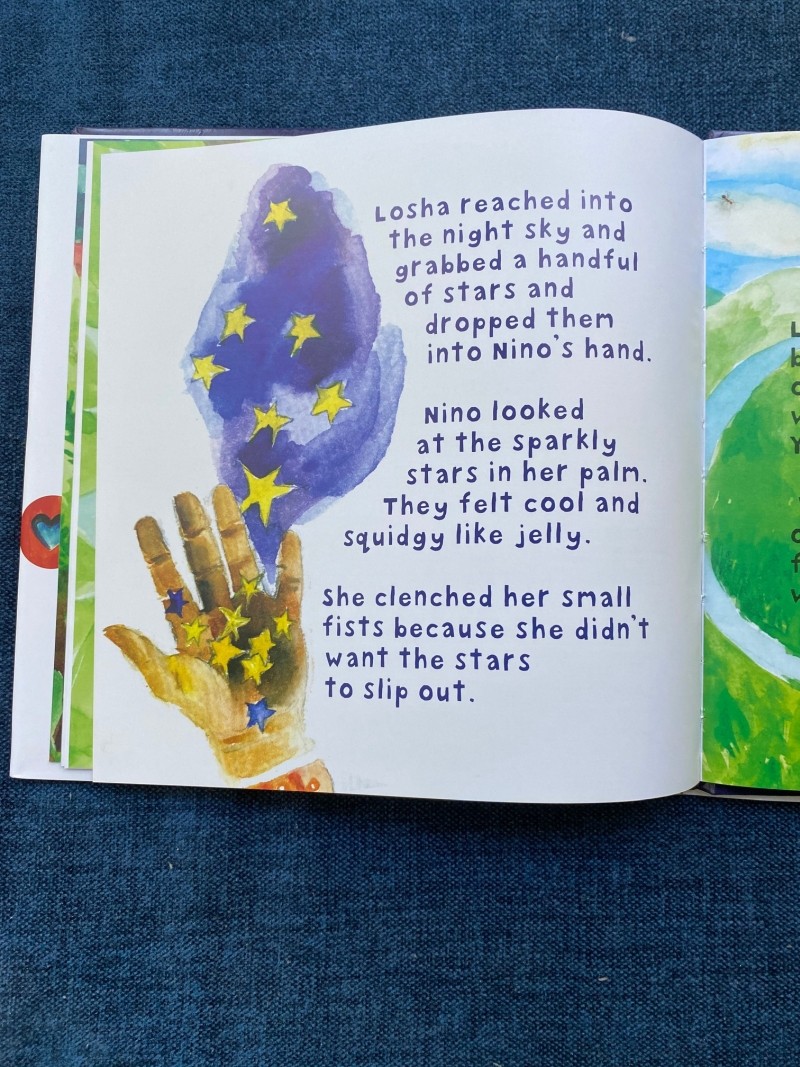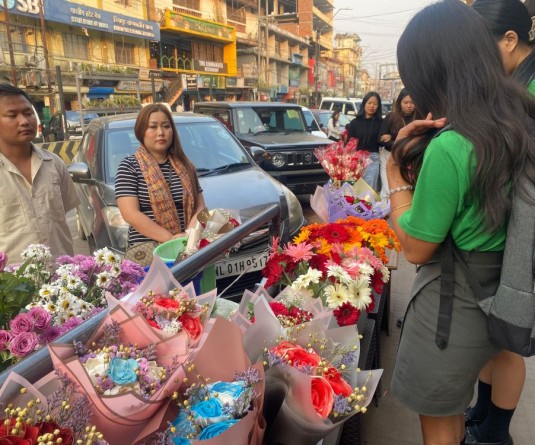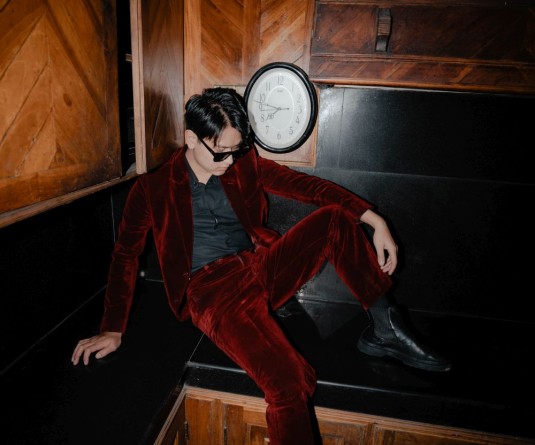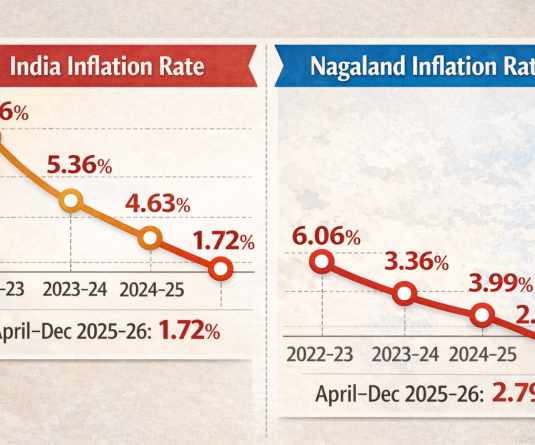Since its release on June 15 this year, ‘Nino’s Secret Garden’ by Kevi Z Kevichüsa has resonated with many of its readers.

Vishü Rita Krocha
Kohima | July 13
The COVID-19 pandemic has led to dramatic loss of human life and even as it has exacerbated grief, Barkweaver publication, ‘Nino’s Secret Garden’ by Kevi Z Kevichüsa has resonated with many of its readers. The author has channeled her grief of losing her four-year-old son to cancer into this 'book of hope'.
“My second child- Judah was diagnosed in my womb with a tumour 5 months into my pregnancy and the remaining part of my pregnancy was spent just really fastening my heart to God, finding my way back to hope and faith, trusting that God will take care of my son,” says Kevi Z Kevichüsa in an exclusive interview with The Morung Express.
The book was completed in the year 2018 and got rejected by over 20 publishers but the author still did not give up the idea of publishing it. Subsequently she found a publisher in Calcutta but while they were in the process of finalizing the details, her son Judah was diagnosed with cancer and they were in and out of the hospital for the most part of that year. By the time she was ready to finalize the details, her publisher had moved on with other books.
The book got shelved for another 2-3 years, she says. “In a way, the story of this book is so connected to Judah even though obviously it is not about him”, Kevichüsa relates. Judah passed away on June 15, 2020 and ‘Nino’s Secret Garden’ was released exactly a year later on June 15, 2021, also marking his first death anniversary. In less than a month, the book has sold close to 1000 copies, clearly indicating that it is a local bestseller and the publisher may soon have to do a second print run.
“There are people who do not know the back story, but I am dedicating the book to him,” she says while noting that “What is interesting is that, although it is a children’s book, I got a lot of reactions from adults, and that is how I am positioning it as a children’s book for adults.”
In the book, she talks about grief and life after death.
Stating that everybody has experienced loss at some point in life, she adds, “I do hope that out of everything that people take away from this book, it is that they will take away a deep sense of hope and of reunion.”
Further recollecting that Judah was so brilliant and funny, she goes on to share that, “I actually found a book on grief, bought it and used to keep on my shelf, but one day my kids found it, and I did not want them to read it because it is about a little girl who loses her father.”
But Judah read that book and said to his mother, “Dying is not really bad.”
“This was about 2 months before he died, so it really freaked me out,” she recalls. “Just as that book led him to that conclusion, I hope that ‘Nino’s Secret Garden’ would help people,” she expresses.
Kevichüsa further shares her hope and belief to see Judahagain. “He is behind the door that I cannot access right now, but I will see him again. I have so much hope, so I really want to share that hope. We grieve but it is only for a short while. And we grieve because we love. And when we grieve, we also have to balance it out with that hope that we will see them again.”
“The story of transforming grief is a story that is so relevant for these times when many families are losing so many loved ones,” says noted author and publisher of Barkweaver, Easterine Kire. This book, she says, carries the extra bonus of a writer illustrating her own story while adding that, “It evokes the tradition of CS Lewis, a favorite Christian children's author, but it builds upon that and takes it into a different direction.”
Stating that it has raised the bar for children's books in Nagaland by bringing to it a depth that other children's books have not dealt with so far, she says, “It deals with grief, a very difficult subject, and gives it a Christian conclusion of hope and looking forward to reunion.”
“The deep faith of the fact of reunion in the future elevates the feelings of grief and though, the sorrow never goes away, it becomes possible to live with it,” Kire adds.





